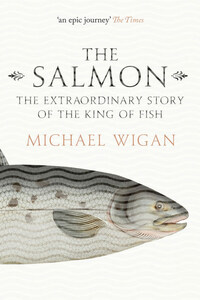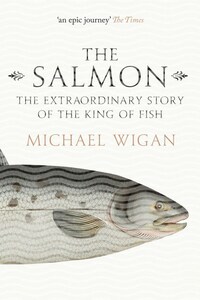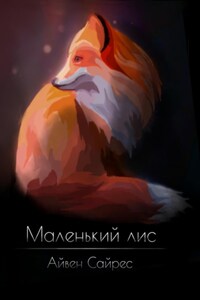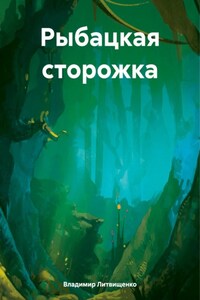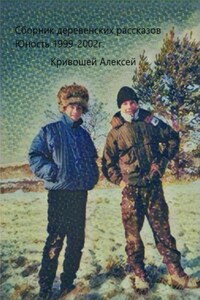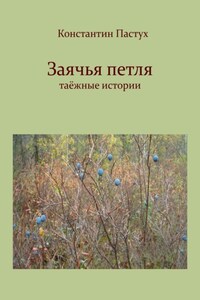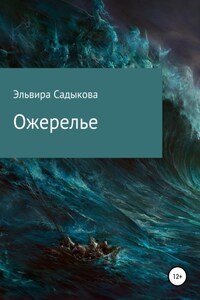The night is overcast and promising. I packed a large spotlamp, reserve mini-torch and windcheater into the truck and chugged 5 miles through the blackness up a track to a high tributary of Sutherland’s River Helmsdale, in the north highlands of Scotland. My destination is an isolated spot, several miles from any road or house. I could only feel a light wind, which is good for salmon-watching because wind-ruffled water obscures the fish-action.
Painstakingly I checked a stretch of river, as I do every year, for numbers of paired salmon preparing to spawn. This section of the river has excellent pebbly expanses of small gravel in which salmon like to make their nests or ‘redds’, and year after year I have found salmon in couples side by side in the riffly bits behind large boulders, facing upriver. They are unworried by the bright light, instead focused on the act which ensures that their genetics pass down and that their own progeny will one autumn occupy that same riffle and reproduce there too.
In the spotlight you can see everything; the markings on their backs and their rich tartan bodies – which by this time of year are red and black and magenta – the heads of the cocks in luridly contrasting colours, and you see their tails gently finning in the current, steady as metronomes.
But tonight there was nothing there. The pools were empty. It was easy to see because the water was low, lower than I had seen it before in November – which is a wet month hereabouts.
Then I heard what sounded like hooves crashing through water. I thought I had winded stags, for some of the red stags come to the river’s edge at this intersection and they run from human scent. I thought a small party had crossed the river below, so I walked down the bank.
In the radiance of the powerful spot-light was a striking spectacle. A salmon on its side was arcing in a shallow pool, its body bent like a bow. The sound I had heard was the smacking of its body back against the water. I looked closer. There were two, a cock and a hen, small-sized. They had swum up the river this far to find suitable redds, prompted by the echo of their own birth in this tributary, maybe in the self-same stretch, in an earlier time. But the pair was marooned. They had got this far and the frost had driven the water level down as they waited to reproduce, while below them the riffly water was even slower. When salmon swim through low water the mucilaginous slime can be scraped from their bodies, exposing them to infections. It was hard to go down and impossible to go up. This pair had traded on rain and been let down.
Undeterred, they were spawning anyway, and she was busy laying eggs with her shuddering body ejaculating the pink globes into a groove in the pebbles. I was watching a heroic act of self-replication.
Presumably the rest of the normal number, maybe a dozen pairs in a three-hundred-yard stretch, had dropped back as water had shallowed. Indeed, that appeared to be so because in the main stem of the river there were salmon pairs all around. Some sections were a maelstrom of spawners, cramped for space, elbowing and shoving each other to get at the good clean gravels.
The air was chilling down. I clambered back into my truck and thought. This was a new event; sometimes the river was too high to see the fish pairs well, sometimes the wind shook up the surface too much to get a clear view, but in the best years you could look down on the spawners as if in an aquarium. You know if the fish have already spawned and buried their eggs in the gravel because when hit by the light they run and squiggle downstream. Un-spawned, they face the light. It is one of Nature’s great spectacles.
For the salmon is natural royalty – no other fish has excited human interest to the extent that Salmo salar does. Let’s tease out the mystique which has resulted in salmon-fixated anglers, in salmon-bewitched writers, in salmon biologists and random salmon-dreamers.
This is the fish that connects land and sea, it is our bridge with the maritime, and the sea is twenty-first-century man’s largest getaway. Anyone can find a boat and go out there, un-harassed, free to turn left or right or go straight on. The salmon is an emissary from this vast fecund zone, where the occupants are out of sight beneath the waves. This is the place where salmon accumulate their fat and gain body weight. It is where they feed to become some of the fastest swimmers anywhere. This is the place salmon acquire the condition that allows them to leap waterfalls, moving up rivers to re-visit their birthplace.
